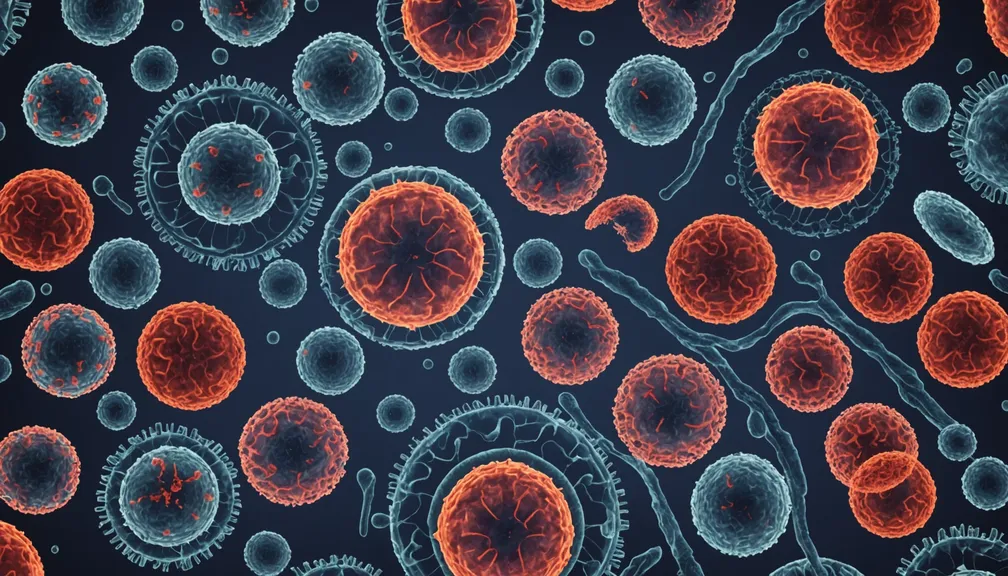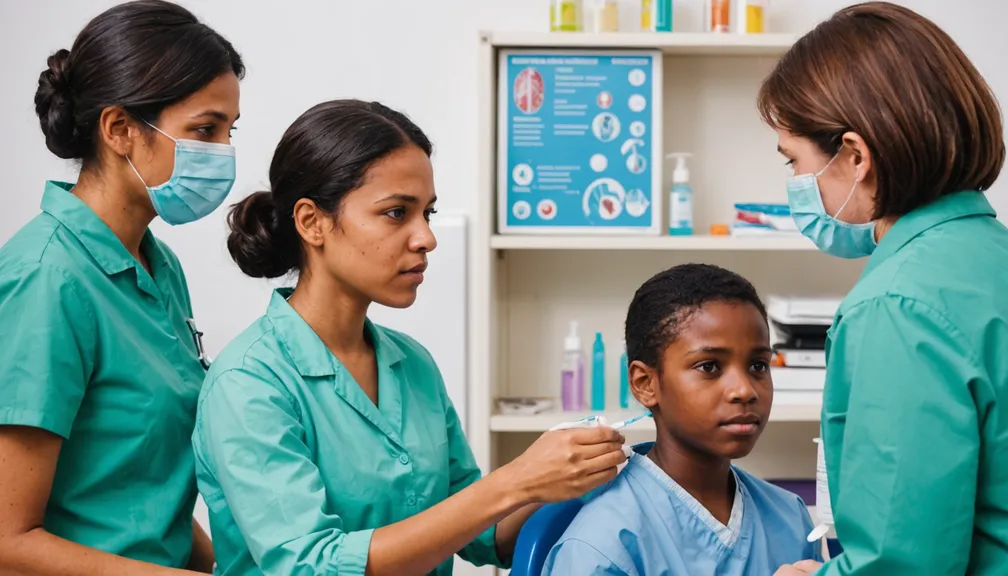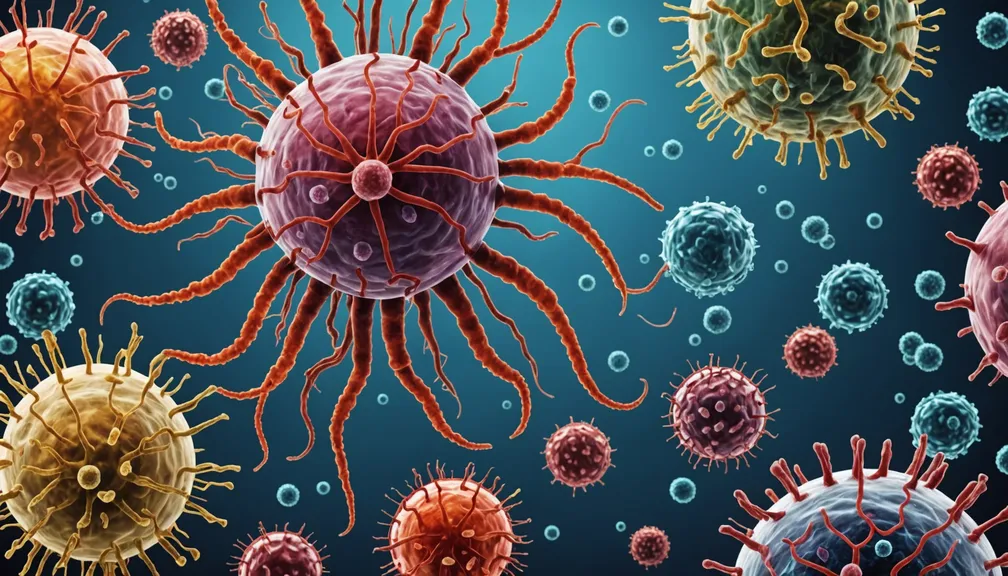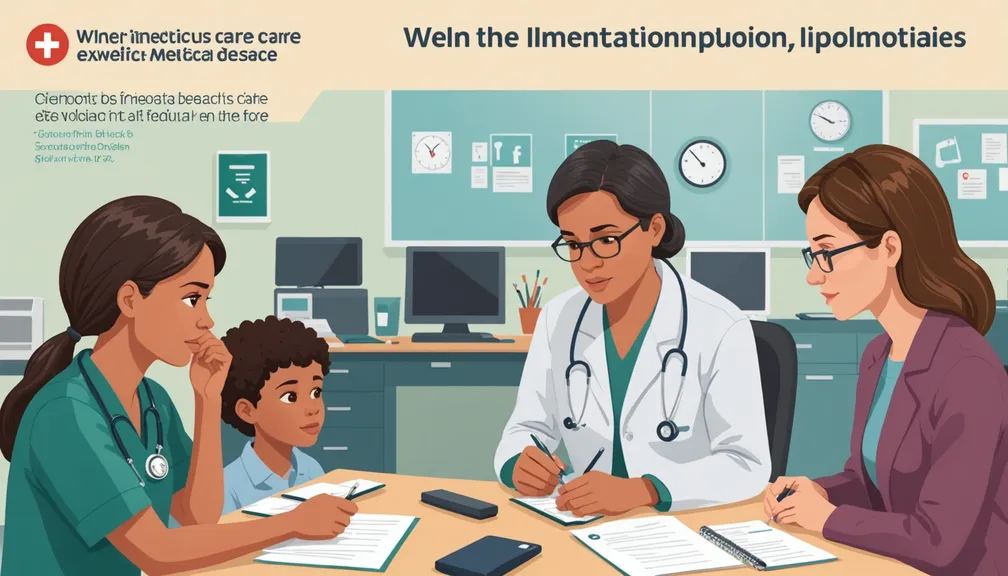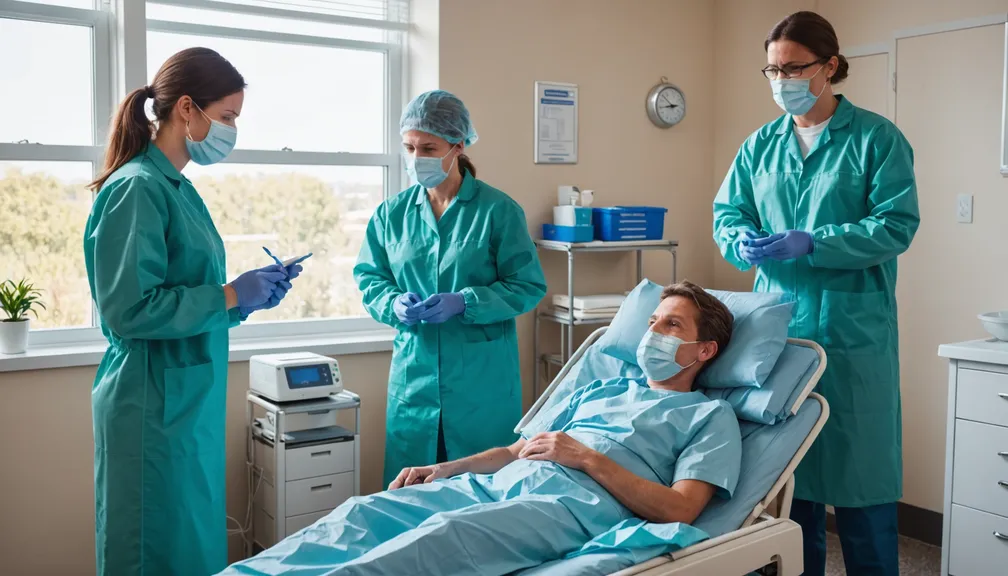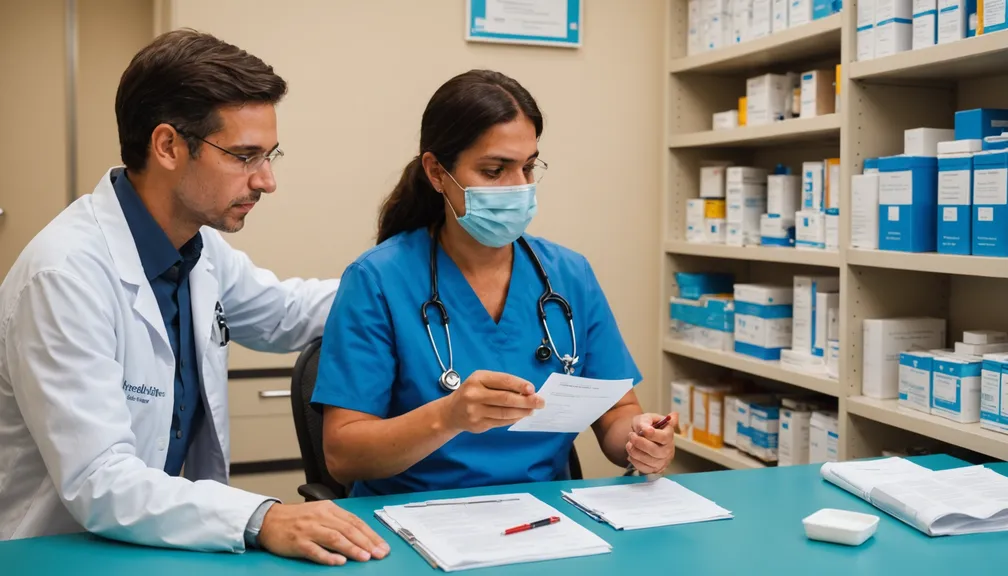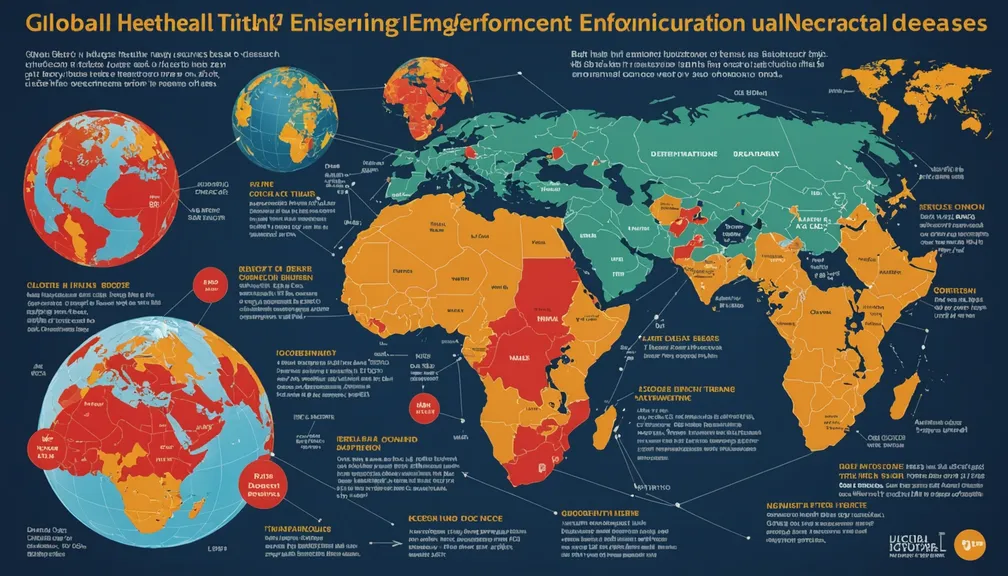Understanding Rare Infectious Diseases
Rare infectious diseases are caused by uncommon pathogens, such as viruses, bacteria, fungi, or parasites, that are not frequently encountered in the general population. Examples include:
- Prion Diseases: A group of progressive neurodegenerative conditions affecting the brain and nervous system.
- Zoonotic Infections: Diseases transmitted from animals to humans, like hantavirus or certain types of influenza.
- Emerging Infectious Diseases: New or re-emerging illnesses caused by previously unknown pathogens.
Understanding these diseases is crucial because their rarity often leads to challenges in diagnosis and treatment.
Challenges in Diagnosing Uncommon Pathogens
Diagnosing rare infectious diseases involves several obstacles:
- Limited Awareness: Many healthcare providers may not be familiar with rare pathogens, leading to delays in recognition.
- Nonspecific Symptoms: Symptoms often overlap with more common illnesses, making it difficult to pinpoint the exact cause.
- Advanced Diagnostic Tools Required: Identifying uncommon pathogens may require specialized laboratory tests that are not routinely performed.
These challenges can result in prolonged periods of uncertainty for patients and their families.
Recognizing Symptoms
Identifying the right symptoms is a critical step in the diagnostic process:
- Persistent or Unusual Symptoms: Unexplained fatigue, unusual rashes, recurring fevers, or neurological changes may warrant further investigation.
- Symptom Variation: Symptoms may vary widely depending on the pathogen and the affected body systems.
- Detailed Medical History: Providing a comprehensive medical history, including travel, animal exposures, and previous illnesses, can aid in diagnosis.
Being vigilant about changes in health and seeking medical attention when symptoms are atypical can facilitate early detection.
The Diagnostic Process
Navigating the diagnostic journey involves several key steps:
- Initial Consultation:
- Medical Evaluation: A thorough physical examination and review of symptoms.
-
Medical History: Detailed information about past health issues, travel, and potential exposures.
-
Specialized Testing:
- Laboratory Tests: Blood tests, cultures, and molecular diagnostics to identify specific pathogens.
- Imaging Studies: MRI or CT scans to detect organ involvement.
-
Biopsies: Sampling of tissues for microscopic examination in certain cases.
-
Interpreting Results:
- Collaboration: Healthcare professionals work together to analyze test results and arrive at a diagnosis.
- Ongoing Monitoring: Continuous assessment may be necessary to track disease progression or response to treatment.
Healthcare Professionals Involved
Various specialists play a role in diagnosing and managing rare infectious diseases:
- Infectious Disease Specialists: Experts in identifying and treating complex infections.
- Microbiologists: Scientists who study pathogens and assist in laboratory diagnostics.
- Epidemiologists: Professionals who investigate disease patterns and sources of infection.
- Primary Care Physicians: Often the first point of contact who coordinate referrals to specialists.
- Neurologists or Other Specialists: Depending on the affected body systems, additional experts may be involved.
Collaborative efforts among these professionals enhance the accuracy and efficiency of the diagnostic process.
Navigating the Healthcare System
Accessing the right care requires understanding how to navigate the healthcare landscape:
- Seeking Referrals: Your primary care doctor can refer you to specialists with expertise in rare diseases.
- Accessing Specialized Centers: Certain hospitals and clinics specialize in diagnosing and treating rare infectious conditions.
- Insurance and Financial Assistance: Understanding your coverage and seeking support can alleviate the financial burden of specialized care.
Proactively managing appointments and communication with healthcare providers ensures continuity of care.
Managing the Diagnosis
Once a rare infectious disease is diagnosed, effective management involves:
- Treatment Options:
- Antimicrobial Therapies: Specific medications targeting the identified pathogen.
- Supportive Care: Managing symptoms and maintaining overall health during treatment.
-
Experimental Treatments: In some cases, participation in clinical trials may be an option.
-
Support Networks:
- Support Groups: Connecting with others facing similar challenges can provide emotional support.
- Counseling Services: Professional counseling may help cope with the emotional impact of the diagnosis.
- Educational Resources: Learning more about the disease empowers patients and their loved ones to make informed decisions.
Effective management improves quality of life and can lead to better health outcomes.
Prevention and Precautions
Preventing rare infectious diseases involves proactive measures:
- Awareness and Education:
- Understanding Risks: Knowing the sources and transmission methods of uncommon pathogens.
-
Staying Informed: Keeping up-to-date with public health advisories and outbreaks.
-
Protective Measures:
- Hygiene Practices: Regular handwashing and avoiding contact with sick individuals.
- Vaccinations: Staying current with recommended vaccines when available.
- Safe Practices: Using protective equipment when necessary, especially in high-risk environments.
Implementing these precautions reduces the likelihood of infection and promotes overall health.
Healthcare Professionals to Help
Several types of healthcare professionals can assist you in managing a rare infectious disease:
- Infectious Disease Specialists: Provide expertise in diagnosing and treating complex infections.
- Primary Care Physicians: Coordinate your overall care and manage general health needs.
- Microbiologists: Assist with laboratory testing and identification of pathogens.
- Epidemiologists: Help understand disease patterns and sources of infection.
- Neurologists or Organ-Specific Specialists: Address complications affecting specific body systems.
- Mental Health Professionals: Offer support for coping with the emotional aspects of the diagnosis.
Collaborating with these professionals ensures comprehensive care tailored to your specific needs.
